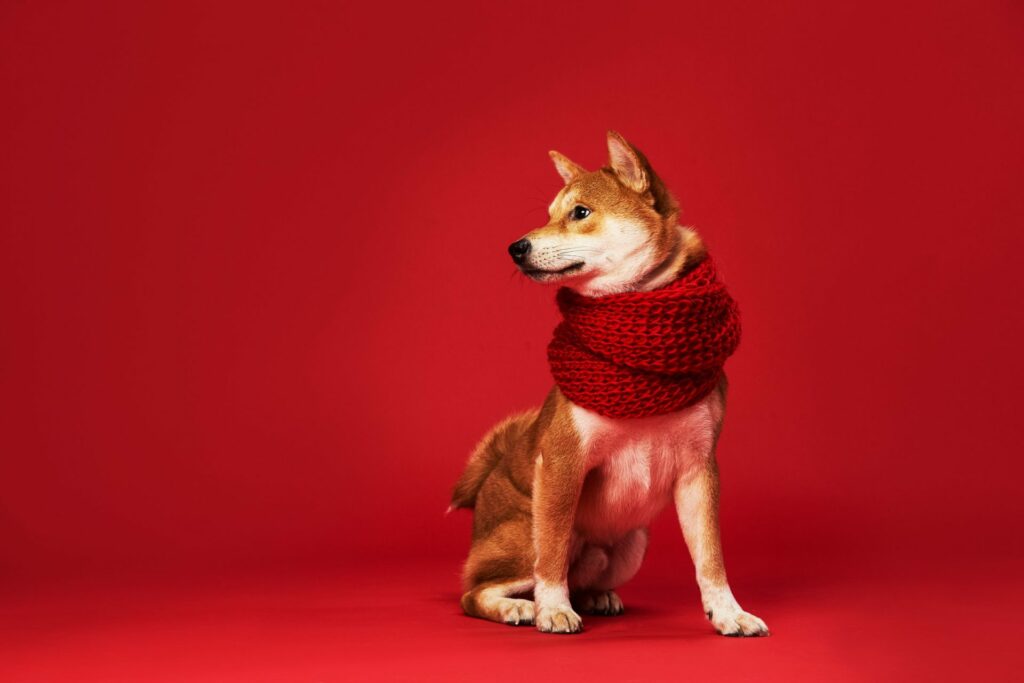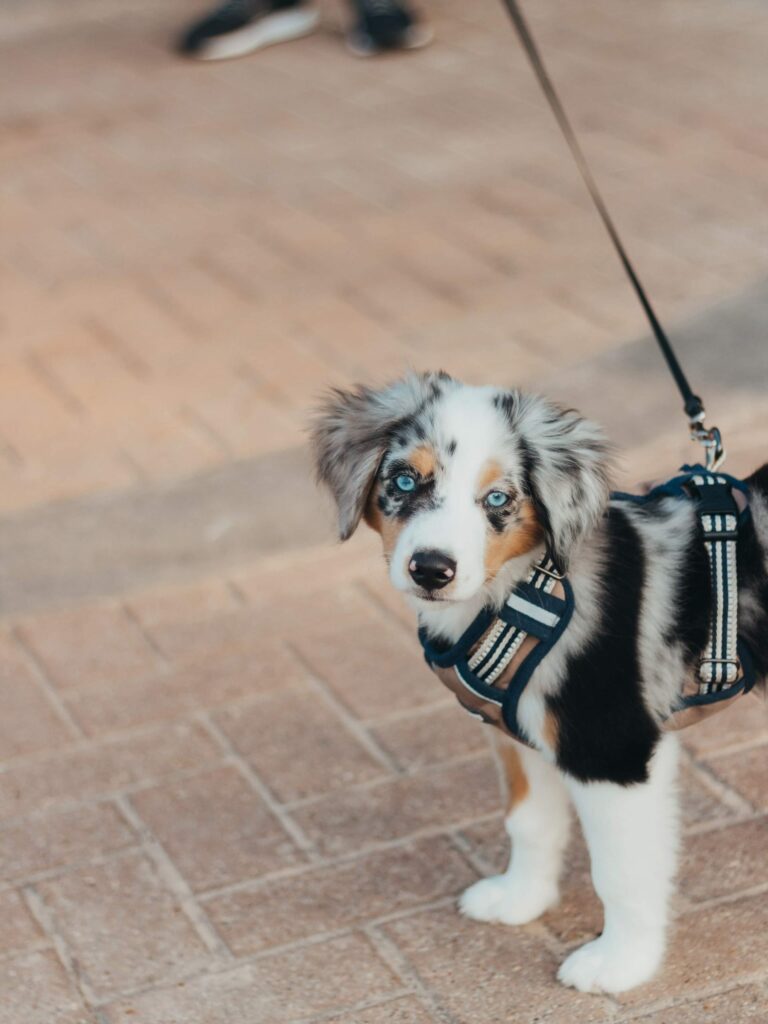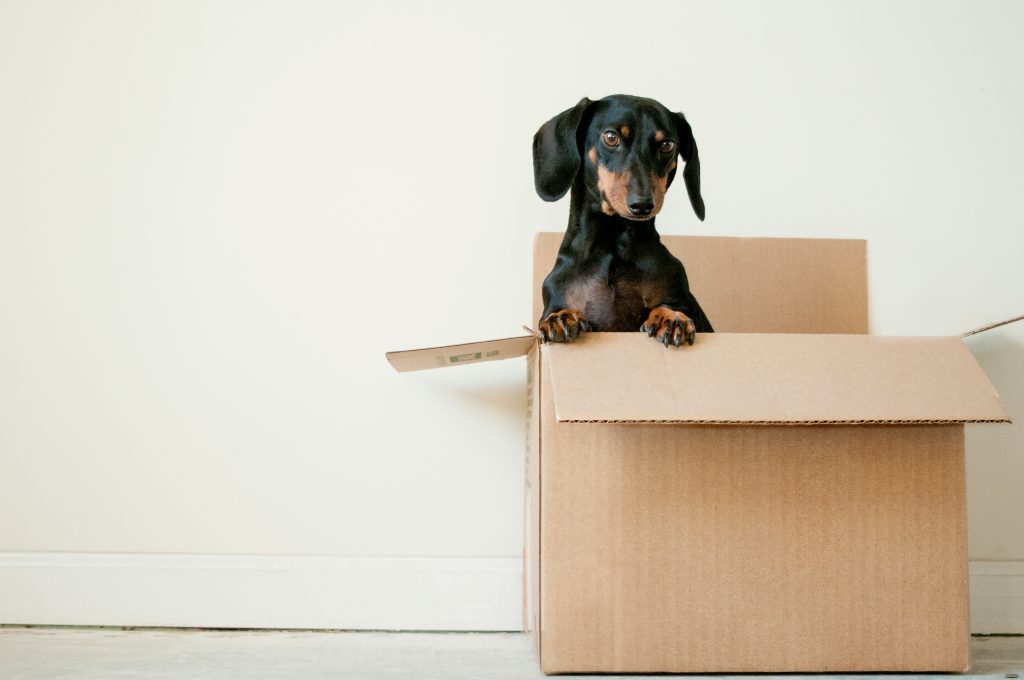Holiday season: how to prevent stress in your pets?
By Patricia Durocher • 10 December 2024
Even though we are all very excited about Christmas coming up, we must not forget that for our pets, it is above all a stressful and exhausting time. And, with any stressful situation also comes an increased risk of bites.
But why are there more risks of bites during the holidays? It is the accumulation of stimuli that increases the animal’s stress and therefore the risk of bites:
- Loud music
- Excited children
- Loud voices
- House crowded with guests
- Different behaviors of family members
- Change in routine
- Presence of other animals
Always keep in mind that even the best of companions can bite. Also, never assume that your pet does not need supervision when around children.
Here are some tips to help you manage this period well.
Before the arrival of the visit
- We prepare our dog and its environment. Plan a secluded place to isolate the dog for the entire evening or for periods, depending on its needs. While some dogs feel better isolated in a room than in the middle of the Christmas chaos, others simply need frequent breaks. In the room, provide a bowl of water, a blanket, a chew toy, and a crate if the dog is used to one.
- The night before, prepare, for example, Kong toys filled with frozen treats. You can offer them to your dog quickly during the evening, it will keep him busy for a good while.
- In the afternoon, do a long period of exercise, in order to use up as much of your companion’s energy as possible.
- Ask your guests if they plan on bringing their dog. If so, make sure both dogs have met before the party.
- Let your guests know all of your rules regarding your dog (via email or a sign on your door with instructions). Examples include: no ringing the doorbell, no table food, no letting the dog on the couch, etc.
Upon arrival of the visit
- Greet guests with your dog on a leash and reward him as soon as he adopts calm behavior (sit, 4 paws on the ground, does not bark). Temporarily remove the dog from the noisy area if it becomes too intense (jumps, barks).
- Feel free to leave jars of treats around the house so guests can offer rewards when your dog behaves well. They will therefore be less likely to want to offer table food.
During the evening
- Don’t forget to take pee breaks outside. Also, take advantage of this to take a few minutes and let the pressure go down.
- Actively monitor your dog’s interactions with children, even if he is used to children. As a human, there are days when we lose our patience. In the same way, a dog can lose his patience too. He may also be afraid or simply have had a bad day.
- Check on your pet regularly and assess whether it would be best to remove him to a room with a bone or toy.
- If some guests become unpleasant with your pet or do not respect its bubble, remove your pet to a room to prevent an incident.
- Beware of open doors! Guests sometimes forget that there is an animal that can escape when a door opens.
For cats and exotic animals
- We strongly advise you to isolate these animals in a room during the evening or to provide them with an area where no one will disturb them (basement). These animals tend to be more stressed when faced with visitors and do not appreciate the change of routine, especially if they are used to living in peace and quiet.
- A room with water, food, a litter box, a bed and a few toys will be enough to keep your pet quiet. Put a sign on the door to warn guests not to enter this room.
References to continue your reading :
Knowing canine language well:
- In French: https://demaindemaitreacademie.ca/course/seminaire-prevention-morsures/
- In English: http://www.ispeakdog.org/
Does your dog really want to be petted?
- https://www.youtube.com/watch?v=1AcEasCZPSc
- Consent test: https://www.youtube.com/watch?v=yRVHKDWLOnM
What is trigger stacking?






Leave a Reply